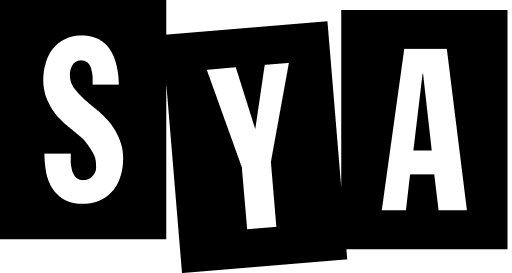Because I wasn’t given one.
My story of abortion involves coercion. I’ve always been pro-choice, and believed if I ever became pregnant at an inopportune time, abortion—without hesitation or second thought—would be my decision.
At 23, I was in that situation. And I felt differently. I didn’t want to end my pregnancy. But I was alone in that. The father, and his parents, wanted no part of this unplanned development. It was the height of the Recession, we were all living under their roof, and I had no support system of my own to fall back on.
When you’re pregnant, and people want to dissuade you against abortion, they say that they’ll help you. But that doesn’t include putting a roof over your head, or food in your fridge, or keeping the light bill on. All of my friends were broke kids too, living with their parents in hope of riding out the worst economic crisis seen in nearly a century. And I had uprooted myself half a continent away with no back-up plan.
My partner’s parents told me if I didn’t terminate the pregnancy, I was not welcome to live there any longer. I had nowhere to go and no one to turn to. I was facing homelessness. I let them drive me to Planned Parenthood, at an office that has since been shut down thanks to anti-choice terrorism, and took the pills that ended everything.
It’s been almost 10 years. I still feel the pain, especially when I state my needs and someone tries to argue that they aren’t valid. What I needed was to be supported in making a decision that was right for me. What I got was an impossible situation of emotional extortion and verbal abuse. What I needed was the space to make a choice and have that choice honored.
People hear my story, and they often seem surprised that being forced to end a pregnancy I wanted to see through didn’t change my ideology. It’s often these people who fundamentally misunderstand what abortion access is actually about. Pro-choice doesn’t mean advocating every woman everywhere end her pregnancy because it is more convenient for everyone else involved. It means allowing women to decide what is best for them and supporting them in those decisions, no exceptions
My partner and his parents, in forcing the end of a pregnancy that they deemed unwanted and inconvenient no matter what I wanted or how I felt, are no better than the policy makers who seek to sentence other women into a lifetime of motherhood for children they do not want and did not consent to (and if we really feel that sex equates to consenting to parenthood, I question why an astonishing number of men are allowed to terminate their parental rights with minimal hullabaloo, or never satisfy their court-mandated child support).
I have a daughter myself now, and I can’t imagine her facing a situation like I did, and using the economic privilege I have to force her to make a decision so personal on the basis of what I want. If she chooses to exercise her right to have an abortion and wants me to be part of it, I will drive her to the clinic and hold her hand. No second guessing, no questions asked, no arguments. Just love and support because it’s her body, and her choice, and when something isn’t my body or my choice, it certainly isn’t an invitation for my opinions and feelings.
Bottom line, to be pro-choice means to exercise no exceptions. It means recognizing that someone took mine away, and working the rest of my life to ensure that whatever a woman chooses is respected.
